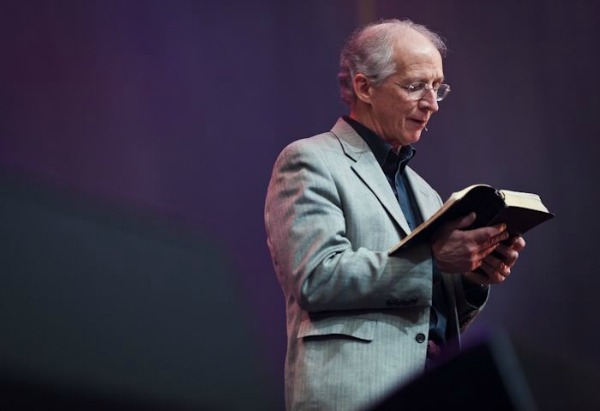
Read more about the religious fanatics who took Aqsa’s life here: https://en.wikipedia.org/wiki/Murder_of_Aqsa_Parvez . They were her father and brother, who were convicted of the so-called “honor killing,” and are serving a life sentence without the possibility of parole until 2028. (She wouldn’t wear the head-covering supposedly required by her religion.)
We were thinking this past week… When is it ok to be a religious fanatic? One Brigada reader wrote, “I love Muslim people but not their culture. … My culture loves and respects women, and children; affirms love and forgiveness of even enemies; affirms tolerance; believes in democracy; is generous to all in need, even when not returned. Significantly, the Countries of my culture are the ones our Muslim cousins flee to, Countries of their culture are largely or completely closed. May we not be found wanting in love, as we seek to do the right, which is often not the easy or comfortable thing, may all we do and think bring joy to our King….”
We’re thinking that several people must be giving thanks this week for the fact that they have peace in their family. It is, after all, Thanksgiving season for those living in the USA. But for others, this week is not so peaceful. Others have lost loved ones even though they didn’t pick a fight. They’ve lost arms, legs, and futures. They’ve lost education, food, and clean water. They’ve lost homes, cities, and entire COUNTRIES to a struggle they don’t even understand.
Here in Louisville where I (Doug) live, we’ve befriended several Iraqi refugees. They fled Iraq when war flared up there, taking up a new in, of all places, Syria. I’m sure it looked like a good idea at the time. Looking back, not so much. Five years later, they were put on the ruyn again by yet another war they didn’t start. I recently visited a mosque with my son. We spoke with the lead imam there for 2 hours about global problems such as Iraq, Syria, and the Islamic State.
So we’re thinking today — when is it ok to be a religious fanatic? What might be a principle that would work for everyone? There’s only one dictum we’ve been able to conclude so far:
Religious fanatacism is always ok if it doesn’t cause hurt or harm to another. The only time it’s ok to harm another, is in self-defense, or taking the part of one who is unable to defend herself/himself.
What do you think of that principle? Is it one by which you could live? If so, how might we engage the world with this question and this answer?
Please click “comment” after the web version of this item. And, if you’re in a country celebrating Thanksgiving this week, may you have a most blessed and happy Thanksgiving, and may God be glorified in your life.











As one who went abroad at 22, got married to a national, went home for more training and then went out again to reach the unreached I am a radical at best in the minds of my friends not to mention my fellow compatriots who probably see me as a fanatic. But being a disciple of Christ, a radical, doesn’t mean going to kill the unbelieving. The Apostle Paul testifies to that transformation in his life. I can agree with the first part of your dictum, however, I’m not so sure about the second phrase. Is there really justification to harm another in the teachings of Jesus and the Apostles? It’s a horrible decision to be faced with isn’t it!